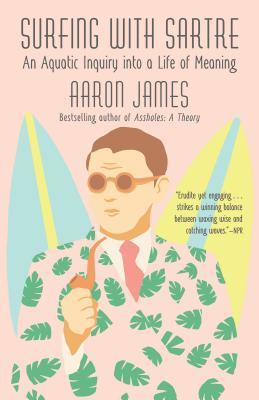I could have sworn that I did one of these posts for 2019 and 2020, but apparently not? I usually enjoy looking at the “My Year in Books” feature on GoodReads, but they seem to have revamped it and made it uglier so I won’t even bother including it here.
During the fiery hellscape that was 2021, I read 59 books. The most popular book I read was The Art of War and the least popular was a re-read of a Swedish civics textbook that I can assure you is very rough going. The five-star books of the year were:
- The Deep, Rivers Solomon.
- Sam the Cat: Detective, Linda Stewart.
- Agrippa (A Book of the Dead), William Gibson.
- Människans villkor, Hannah Arendt.
- A Memory Called Empire, Arkady Martine.
- Project Censored’s State of the Free Press 2021, edited by Micky Huff at Project Censored.
- Who Do You Serve, Who Do You Protect? Police Violence and Resistance in the United States, essays collected by Maya Schenwar.
- The History of White People, Nell Irvine Painter.
- The Cyberiad: Fables for the Cybernetic Age, Stanislaw Lem.
I’m excluding from the list books in an extremely selective niche that are of huge personal importance to me and are not a “public” or “objectively” 5-star book the way that these are. (Would everyone benefit from reading The Human Condition? Yes. Would everyone benefit from reading a collection of ghost stories from my hometown? Probably not, no.) I’ve included links to blog posts for books that I wrote about during the year and will provide brief nutshell reviews of the remaining six books here.
Literature
The Deep
This was an Austin Feminist Sci-Fi Book Club pick. I didn’t care for my first tango with Solomon, An Unkindness of Ghosts, but The Deep was as polished and needle sharp as Unkindness should have been. Genre fiction doesn’t have to use fantastical conventions as a way to externalize complex psychological elements of our lives to justify its existence as a genre qua genre, but it certainly is uniquely equipped for doing so.
Agrippa (A Book of the Dead)
This one’s a bit of an easy title to knock out. It’s not really purely text, or available in any kind of dead tree form—my encounter with it was in a 15? 25? minute YouTube clip, captured footage of the original program being run in an emulator. At the end of the year (or the beginning of the next one), I don’t know that I can remember any concrete lines or images from Gibson’s poetry (I do recall the rather fuzzy, janky sound effect of a single gunshot), but I remember the overall effect and I appreciate the novel approach with form and media. It all felt inherently tied to the content rather than just a cheap gimmick.
A Memory Called Empire
Another Austin Feminist Sci-Fi Book Club pick, this time a more traditional galactic empire intrigues and high-tech tale. I think this one would pair really well with Ancillary Justice as two examinations of empire: one from relatively deep within the beating heart of empire and one from the outside.
Philosophy and Current Issues
Människans villkor
Who am I to review a Hannah Arendt book? Who is anyone to review a Hannah Arendt book? All I can say is: as the years go by, I get angrier and angrier over the fact that we never covered any of her work in my philosophy undergrad career.
Project Censored’s State of the Free Press
This collection is a nice round-up of important but overlooked journalism, sourced from university journalism programs and advised, filtered and vetted by a board of professional journalists. I consider this collection an essential part of my yearly reading.
Who Do You Serve, Who Do You Protect?
Another collection, this time of essays on policing and police violence. Sitting here doing my annual write up, I can remember that it was a compelling read full of new information but none of that new information specifically. This is not criticism of the collection, but rather a reflection of the fact that 1) I read it on Kindle, which doesn’t seem to ever stick in my memory, 2) much of it was (probably) grimmer information that I realized so I think my brain is kind of choosing to forget, and 3) 2021 was, as mentioned, a fiery hellscape, so I wouldn’t be surprised if I was experiencing some kind of stress-induced brain fog.


